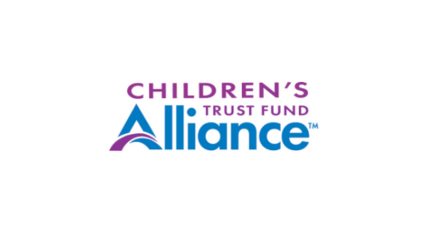Why this Topic Matters to Us
Native youth are more likely to enter foster care than other children, and being separated from family and culture can be very painful. We know that Native youth and families often face extra challenges because of historical trauma, cultural loss, and other barriers.
The Indian Child Welfare Act (ICWA) was created to help keep Native children connected to their families, tribes, and culture whenever possible. Youth and families often share that feeling connected to their culture and community helps them feel safe and supported. Supporting Native families means honoring their culture, keeping children connected to their communities, and listening to their experiences.
In 2023, Native American children in California went into foster care about four times more often than white children.
(First 5 Center for Children's Policy 2023)
Over half of Native American youth in California's foster care system end up in non-relative and non-Native households.
(Cal Matters, 2024)
Learn from Lived Experience
"Native Americans do not have a colonized understanding of family. In my family, my cousins were considered siblings, and my ‘aunties’ are my children’s grandmothers. To protect children’s cultural identity, courts and agencies need to understand how their Tribes define relatives.”
— Shana King , Parent Mentor, ICWA Law Center



